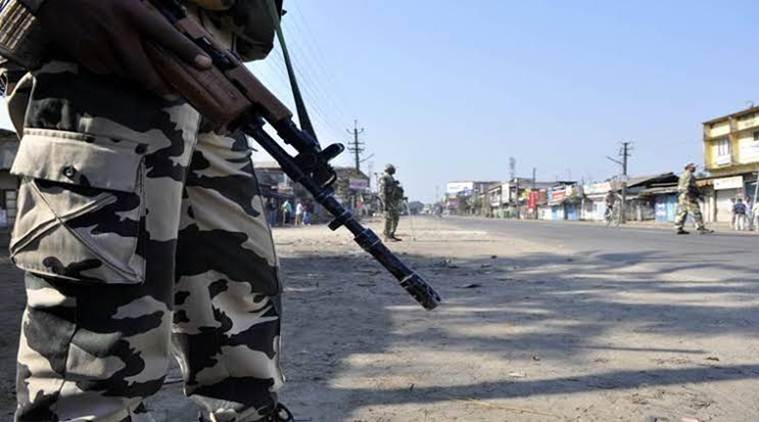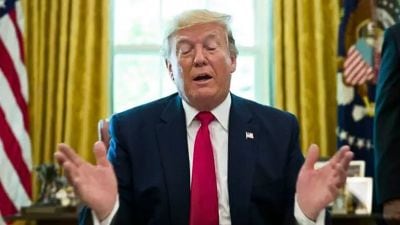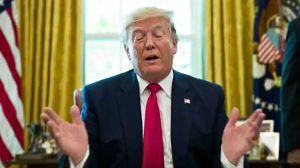Pact with Bodo militant group — Assam govt set to sign peace accord with NDFB
On Saturday, influential Bodo militant leader NDFB(RD) chairman Ranjan Daimary, who and nine others were sentenced to life last year by a special CBI court in Guwahati for the 2008 serial blasts, left for Delhi after he was granted bail a day earlier.
 ABSU president Promod Boro said he, too, will be in New Delhi for the signing event, and that the accord will ensure “economic and political” benefits for the community.
ABSU president Promod Boro said he, too, will be in New Delhi for the signing event, and that the accord will ensure “economic and political” benefits for the community.
The Centre on Monday will sign an important accord with all factions of Bodo militant group National Democratic Front of Bodoland (NDFB) and the All Bodo Students’ Union (ABSU), which is expected to result in a slew of political and economic benefits for the Bodo community, although territorial change in terms of a new state or union territory is said to be off the table.
EXPLAINED | What is the Bodoland dispute, and who are the NDFB?
A senior Assam government official confirmed the development to The Indian Express.
News agency PTI reported from New Delhi that the agreement will be signed in the presence of Union Home Minister Amit Shah and Assam Chief Minister Sarbananda Sonowal by top leadership of the four factions of NDFB, Joint Secretary in Home Ministry Satyendra Garg and Assam Chief Secretary Kumar Sanjay Krishna.
ABSU president Promod Boro said he, too, will be in New Delhi for the signing event, and that the accord will ensure “economic and political” benefits for the community.
Addressing the media in Guwahati on Saturday, state Finance Minister Himanta Biswa Sarma said, “The Government of India has clearly informed the government of Assam that there will be no new divisions in Assam and there will not be any formation of any new union territory. Assam’s territorial integrity will be preserved. There will be no provision for the inclusion of any new village or area. The accord will bring permanent peace to Bodoland.”
On Saturday, influential Bodo militant leader NDFB(RD) chairman Ranjan Daimary, who and nine others were sentenced to life last year by a special CBI court in Guwahati for the 2008 serial blasts, left for Delhi after he was granted bail a day earlier.
Daimary’s bail comes a week after leaders of NDFB-S, led by B Saoraigwra, which was hitherto not in peace talks with the government, signed an agreement to shun violence and participate in talks to resolve the longstanding Bodo issue. Earlier this month, nearly 30 members of the faction, including top leaders and their family members, were allowed to enter India from Myanmar, and their delegation headed to Delhi for finalising the agreement.
Parallel to political movements for a Bodo state, one of the prominent armed groups was Bodo Security Force (BdSF), formed under Ranjan Daimary’s leadership of October 1986. The BdSF renamed itself the National Democratic Front of Bodoland , an outfit alleged to be involved in attacks, killings and extortion.
Photos




- 01
- 02
- 03
- 04
- 05



























